

|
Petrobras and Transpetro order 41 vessels worth $470m for fleet renewal
Brazilian state oil companies contract gas carriers, barges and pushboats from domestic shipyards. |
|
|
|
||
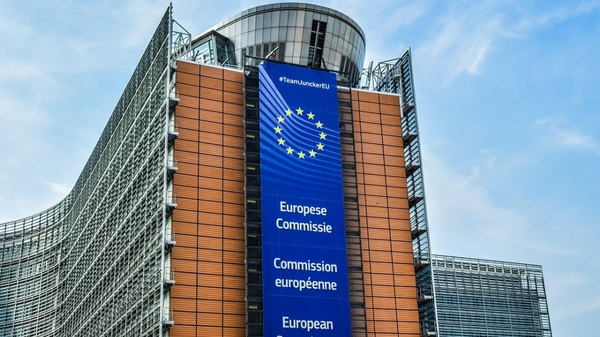
|
EU proposes phase-out of high-risk biofuels from renewable energy targets by 2030
Draft regulation sets linear reduction trajectory starting in 2024, with contribution reaching zero by end of decade. |
|
|
|
||
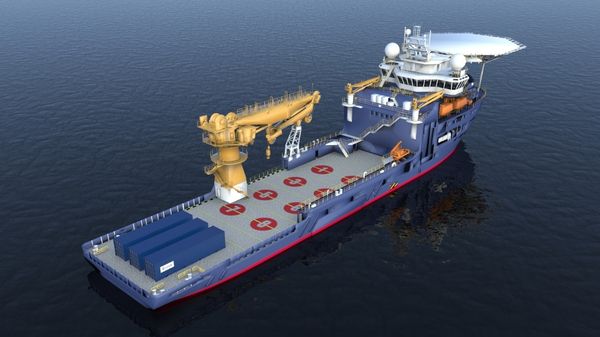
|
H2SITE launches Norwegian subsidiary to advance ammonia-to-power technology for maritime sector
Spanish technology firm establishes Bergen hub to accelerate deployment of ammonia cracking systems for shipping. |
|
|
|
||

|
CMA CGM names 400th owned vessel as methanol-fuelled containership
French shipping line reaches fleet ownership milestone with 15,000-teu dual-fuel methanol vessel. |
|
|
|
||
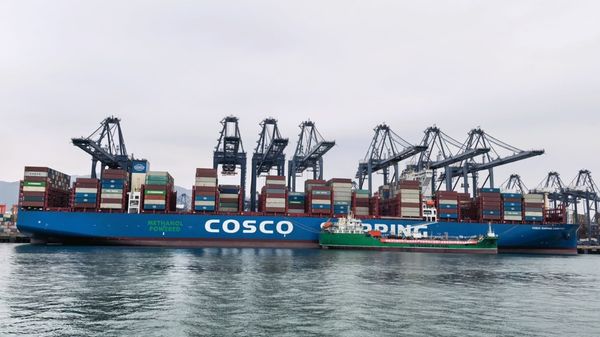
|
Wah Kwong adds China’s first dual-fuel methanol bunkering vessel to managed fleet
Da Qing 268 completed maiden operation at Shenzhen’s Yantian Port on 21 January. |
|
|
|
||
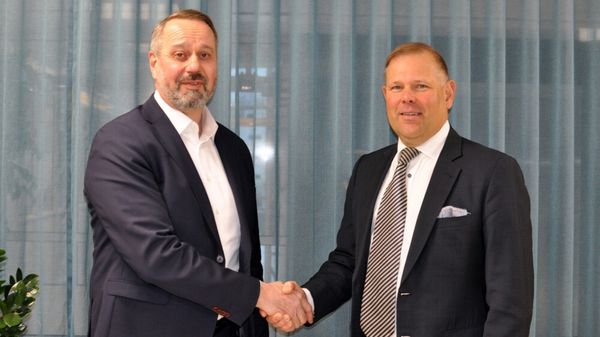
|
Sumitomo SHI FW licenses VTT syngas technology for sustainable fuels plants
Agreement enables production of green methanol and SAF from biowaste for global gasification projects. |
|
|
|
||
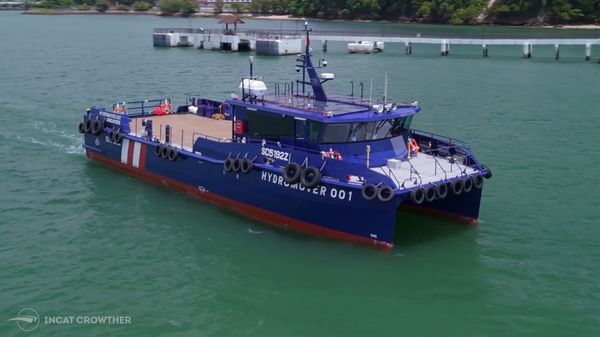
|
Yinson GreenTech launches upgraded electric cargo vessel in Singapore, expands to UAE
Hydromover 2.0 offers increased energy storage capacity and can be fully recharged in under two hours, says designer. |
|
|
|
||
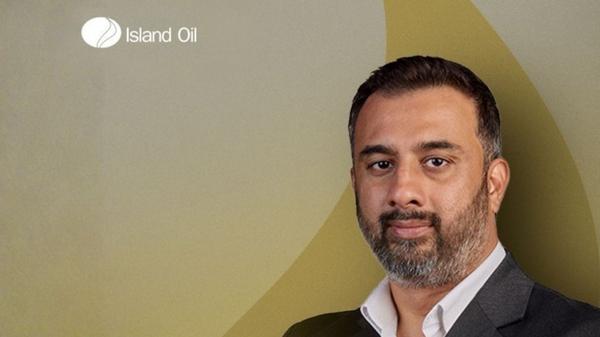
|
Island Oil appoints Nildeep Dholakia as senior trader in Dubai
Marine fuel supplier expands Dubai team as part of regional growth strategy. |
|
|
|
||
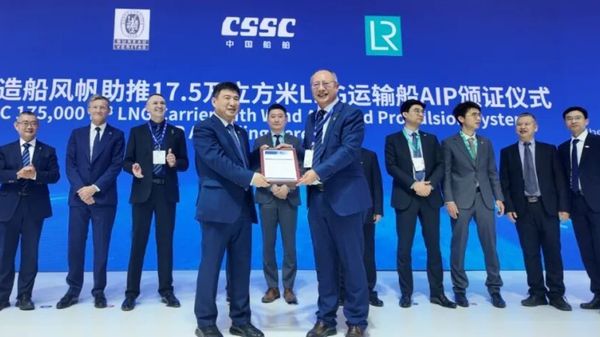
|
Dalian Shipbuilding's wind-assisted LNG carrier design receives Bureau Veritas approval
Design combines dual-fuel propulsion with foldable wing sails to cut emissions by 2,900 tonnes annually. |
|
|
|
||
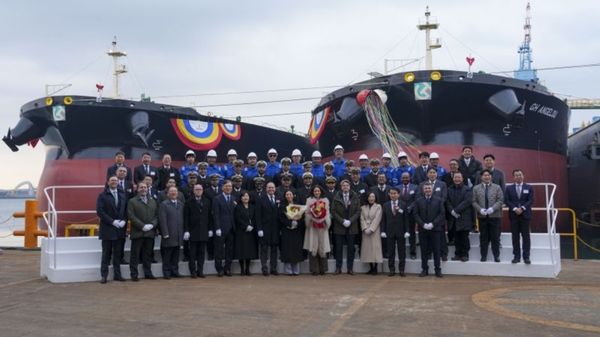
|
Anglo-Eastern adds two methanol-ready Suezmax tankers to managed fleet
GH Angelou and GH Christie were christened at HD Hyundai Samho Shipyard on 5 January. |
|
|
|
||
| Jüngerhans orders slow steaming upgrade kits [News & Insights] |
| US port to up slow steaming incentives [News & Insights] |
| Slow steam ahead for Hanjin Shipping [News & Insights] |
| Speed reduction project aims to cut emissions [News & Insights] |